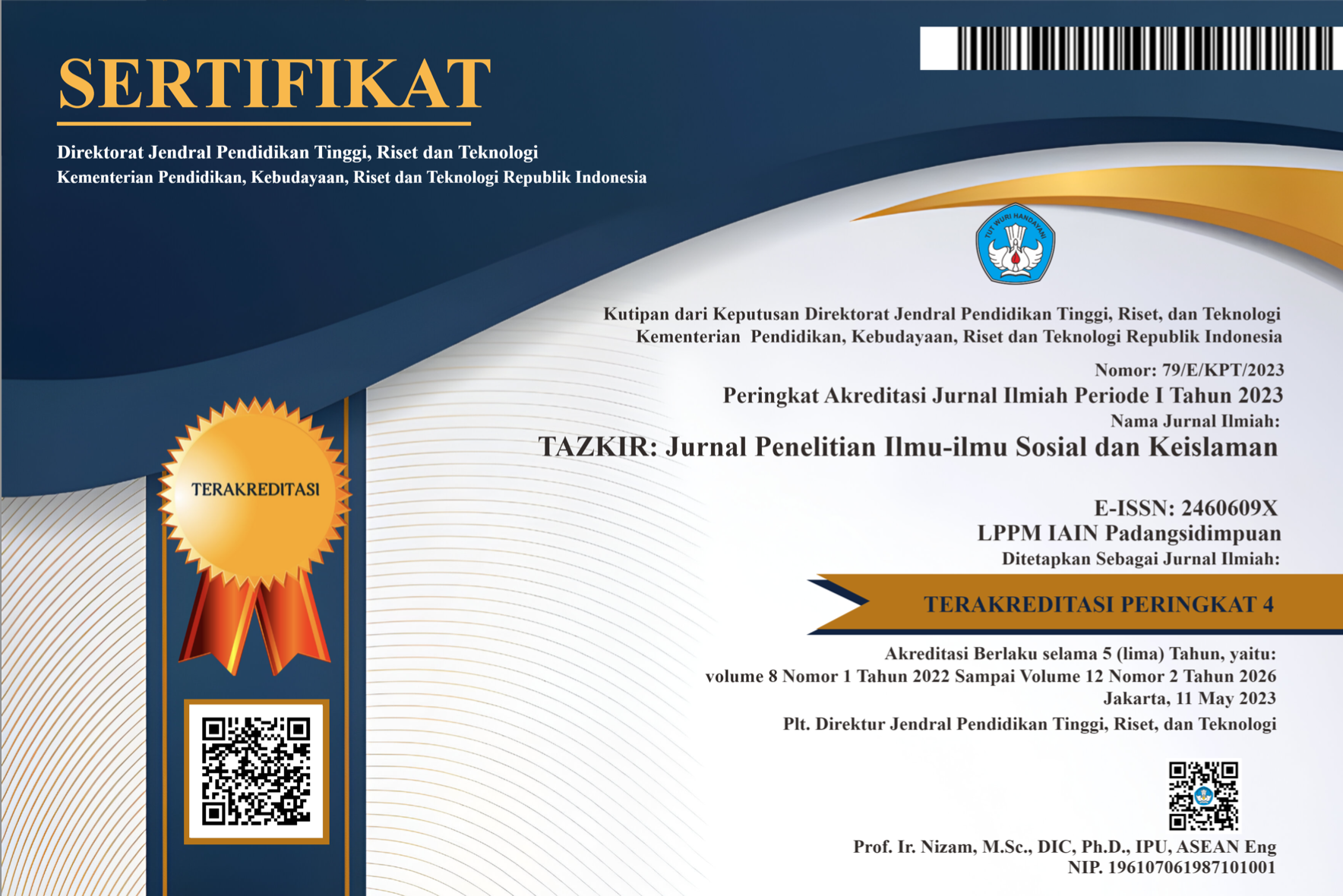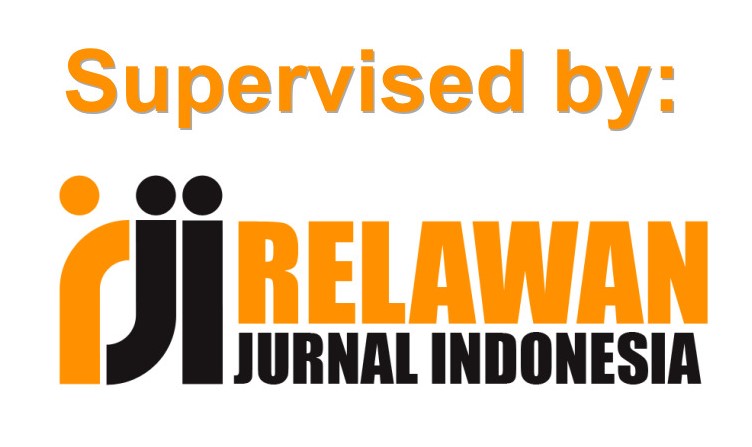Transformasi Museum Hagia Sophia oleh Erdogan Persfektif Sejarah dan Implikasinya bagi Indonesia
Abstract
Keywords
Full Text:
PDF [INDONESIA]References
Chandra, P. (2020). Pendidikan Islam Pada Masa Kebangkitan (Gerakan Intelektual Muslim di Kalangan Syiah Isma’iliyah dan Dinasti Safawy). Jurnal Pendidikan “EDUKASIA MULTIKULTURA,” 1(2), Article 2. https://ejournal.iainbengkulu.ac.id/index.php/multikultura/article/view/3401
Herowandi, M. (2007). Kontroversi Hizbut Tahrir Indonesia terhadap Pancasila. Universitas Lampung.
Hitti, P. K. (2000). History of the Arabs; From the Earlist Times to the Present. Palgrave Macmillan.
Howard, D. A. (2017). A History of the Ottoman Empire. Cambridge University Press.
Jamaleddine, Z. (2020). Hagia Sophia Past and Future. Places Journal. https://doi.org/10.22269/200811
Junaidi, A. (2016). Kebijakan Politik Recep Tayyib Erdogan dan Islamisme Turki Kontemporer. IN RIGHT: Jurnal Agama Dan Hak Azazi Manusia.
Kompas. (2020). Tren beragam respons dunia atas perubahan status Hagia Sophia menjadi masjid. Kompas.Com.
Lapidus, I. M. (2000). Sejarah Sosial Umat Islam (1st ed.). PT Raja Grapindo Persada.
Mustofa, I. (2016). Turki Antara Sekularisme dan Aroma Islam; Studi atas Pemikiran Niyazi Berkes. EL-BANAT: Jurnal Pemikiran Dan Pendidikan Islam.
Qodarsasi, U., & Khofifah, M. N. (2020). Hagia Sophia dan Kebangkitan Politik Islam di Turki? Politea: Jurnal Pemikiran Politik Islam, 3(2). https://doi.org/10.21043/politea.v3i2.8810
Rahmawati, & Azizuddin Sani, M. (2013). Perkembangan Peradaban Islam Di Kerajaan Turki Usmani. Jurnal Rihlah.
Republika. (2020a). Hagia Sofia menjadi-masjid: Bagaimana sikap Indonesia. Republika.Com. https://republika.co.id/:berita/hagia-sofia-menjadi-masjid-bagaimana-sikap-indonesia.com
Republika. (2020b). Uni Eropa kecam Turki atas berubahnya status Hagia Sophia. Republika.Com. https://republika.co.id/: berita/uni-eropa-kecam-turki-atas-berubahnya-status-hagia-sophia.
Ridwan, M., & Bakhtiar, N. (2020). Nilai -Nilai Pendidikan dan Dakwah Muhammad al-Fatih Sebagai Penakluk Konstantinopel. Wardah, 21(1), 50–65. https://doi.org/10.19109/wardah.v21i1.5824
Rofii, M. S., & Zuhdi, M. L. (2020). Pengaruh Kejatuhan Khilafah Turki Utsmani terhadap Perubahan Paradigma Pembangunan Negara-Bangsa Indonesia. Jurnal Middle East and Islamic Studies, 7(1), 39–55. https://doi.org/10.7454/meis.v7i1.120
Soekarba, S. R. (2020). Transformasi Makna Ruang dan Tempat pada Hagia Sofia, Istanbul, Turki. Jurnal Middle East and Islamic Studies, 7(1), 113–131. https://doi.org/10.7454/meis.v7i1.108
Sujati, B. (2018). Konsepsi Pemikiran Filsafat Sejarah dan Sejarah menurut Ibnu Khaldun. Jurnal Tamaddun, 6(2).
Supriyadi, D. (2008). Sejarah Peradaban Islam. Pustaka Setia.
Surat, M., Rasdi, M. T. M., Musa, A. R., Utaberta, N., & Tahir, M. M. (2011). Salah Tanggapan Terhadap Kubah Pada Senibina Masjid: Pengaruh Pengisian Sejarah Dalam Hasrat Rekabentuk Masjid. Journal of Design + Built, 0(2), Article 2. http://spaj.ukm.my/jsb/index.php/jdb/article/view/105
Tim_Riset_dan_Studi_Islam_Mesir. (2013). Tim Riset dan Studi Islam Mesir.
DOI: https://doi.org/10.24952/tazkir.v6i2.2690
Refbacks
- There are currently no refbacks.
Copyright (c) 2021 TAZKIR: Jurnal Penelitian Ilmu-ilmu Sosial dan Keislaman

This work is licensed under a Creative Commons Attribution-ShareAlike 4.0 International License.






